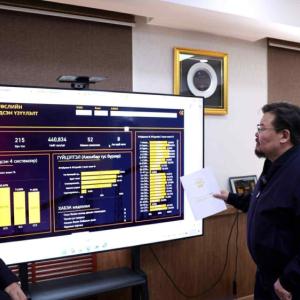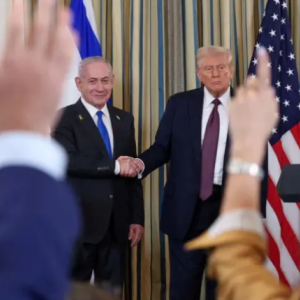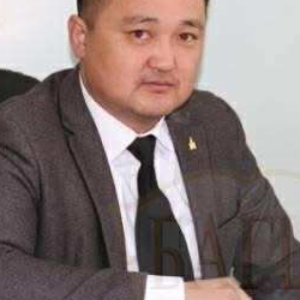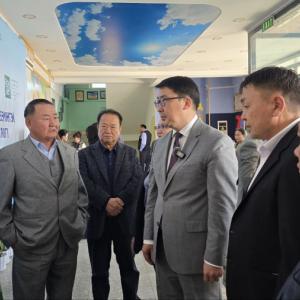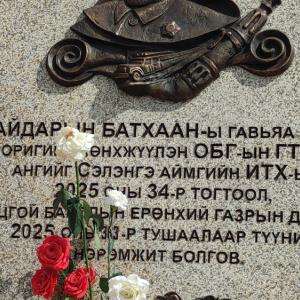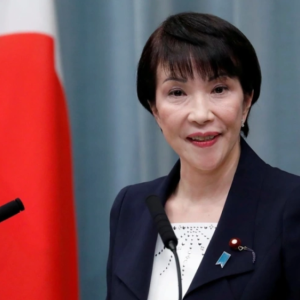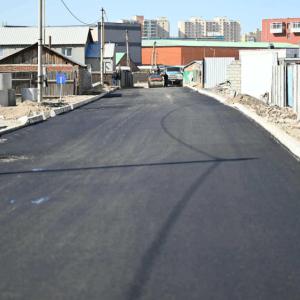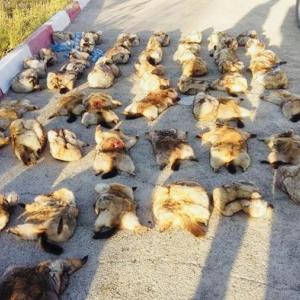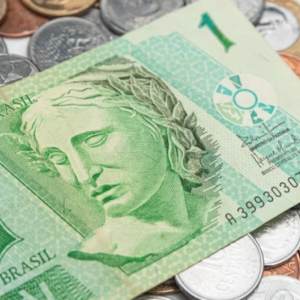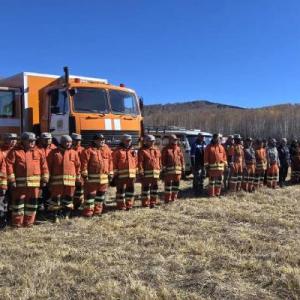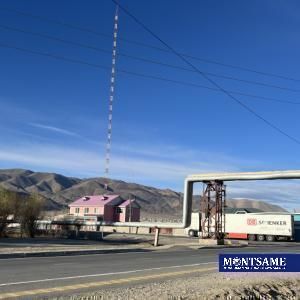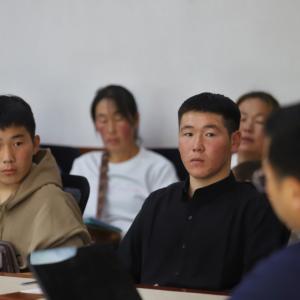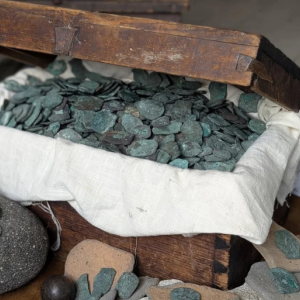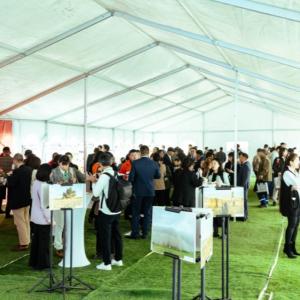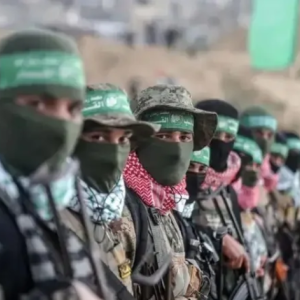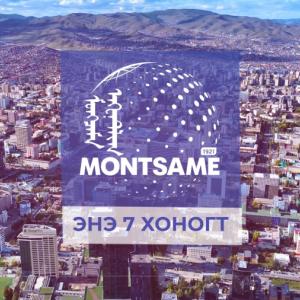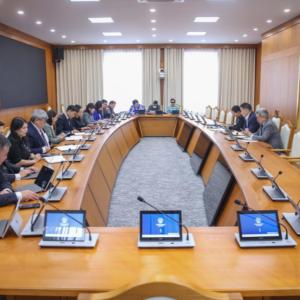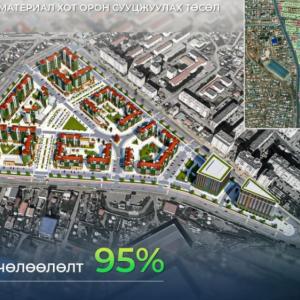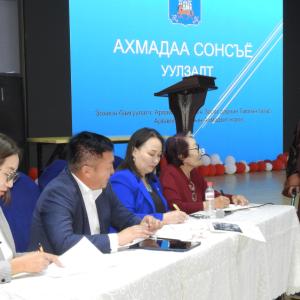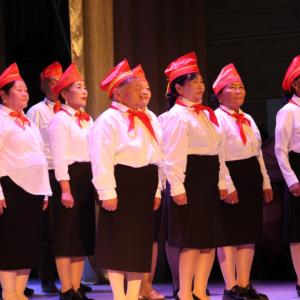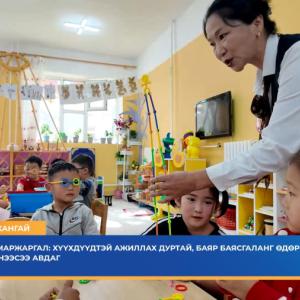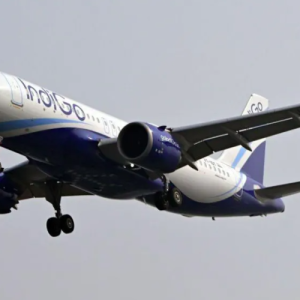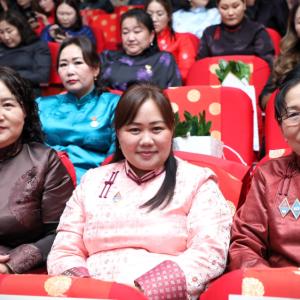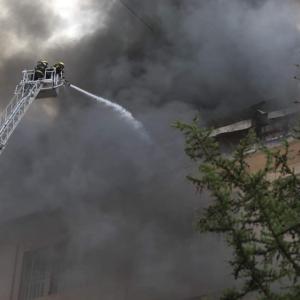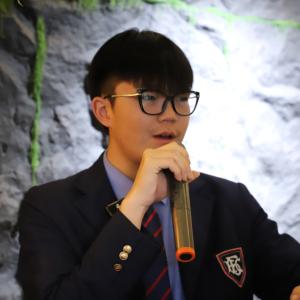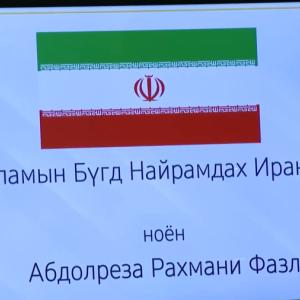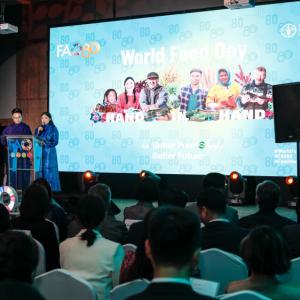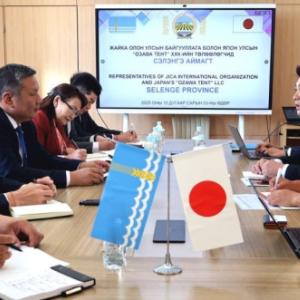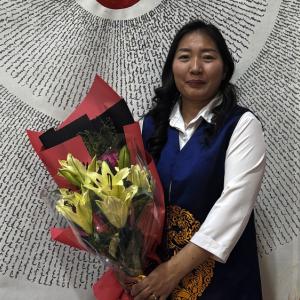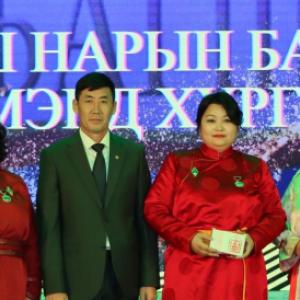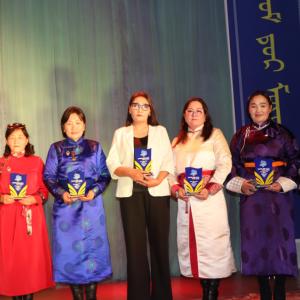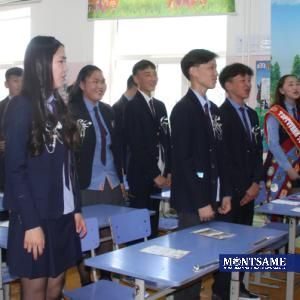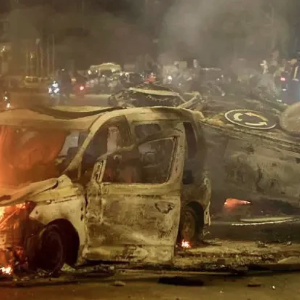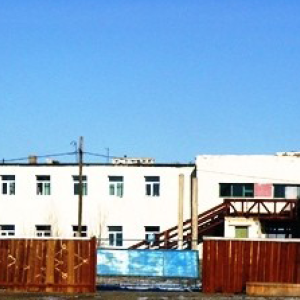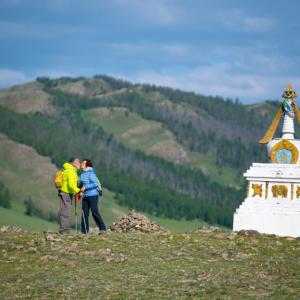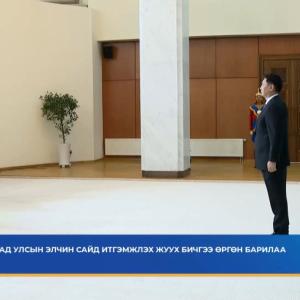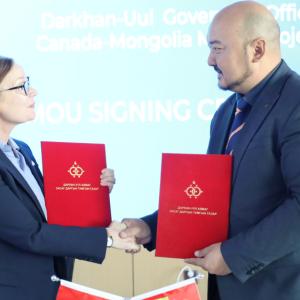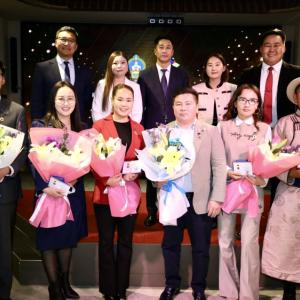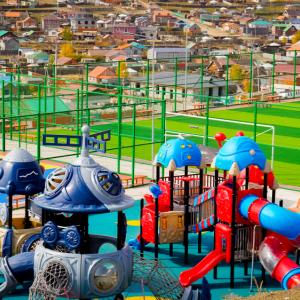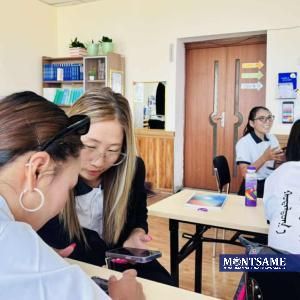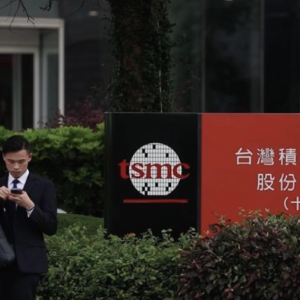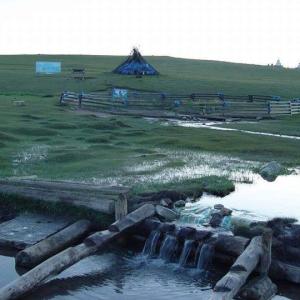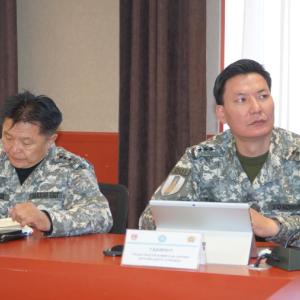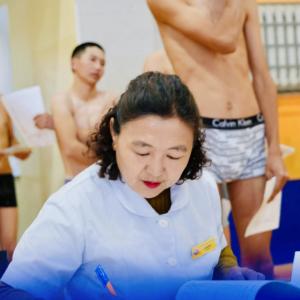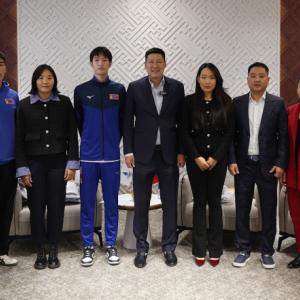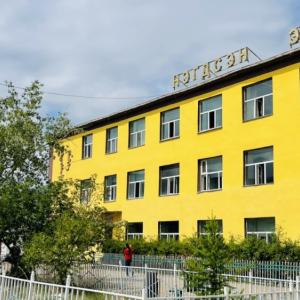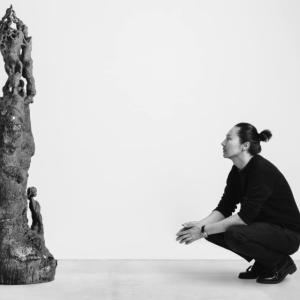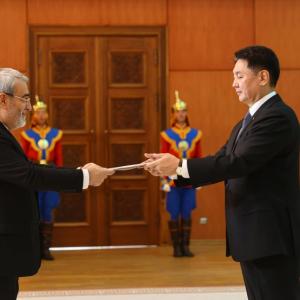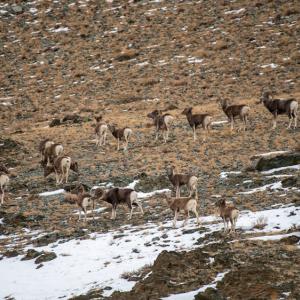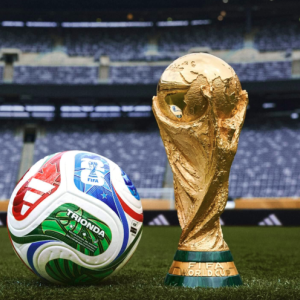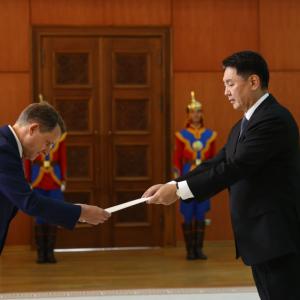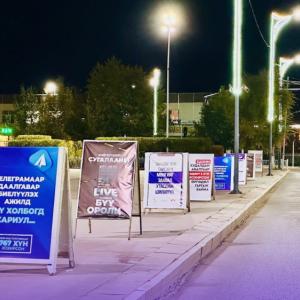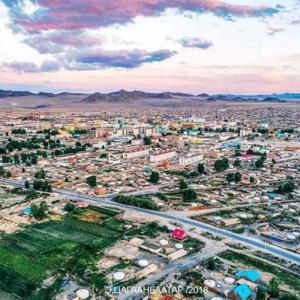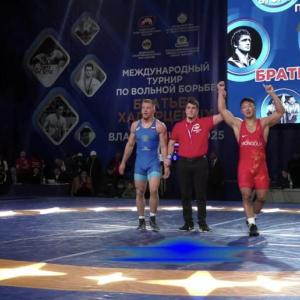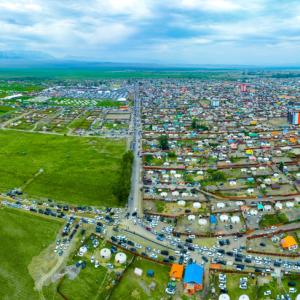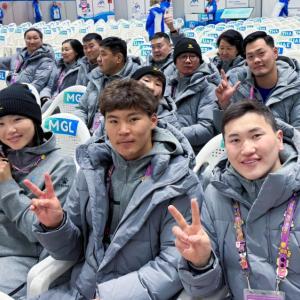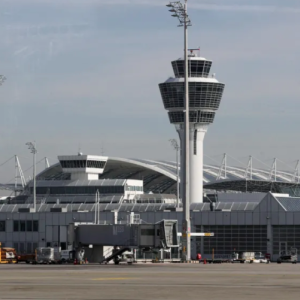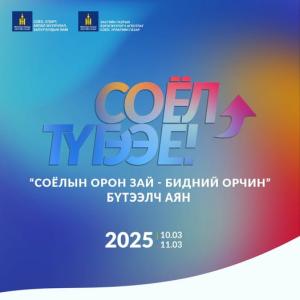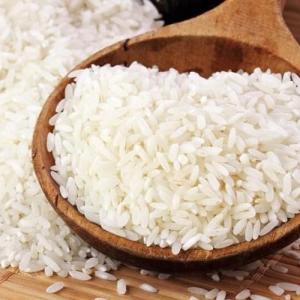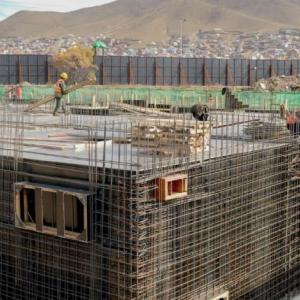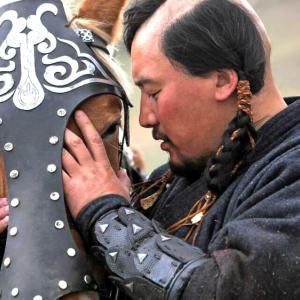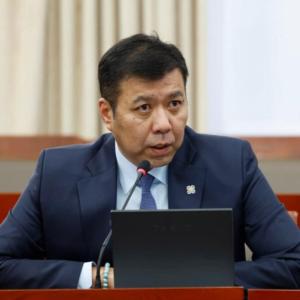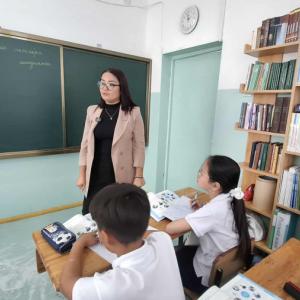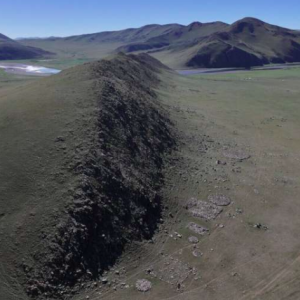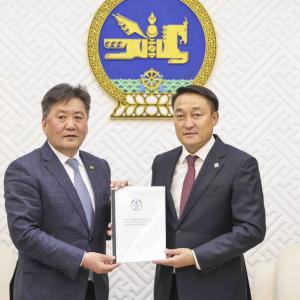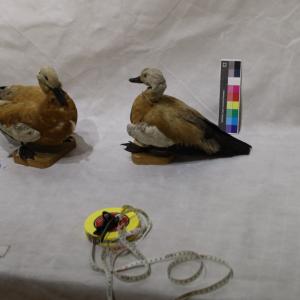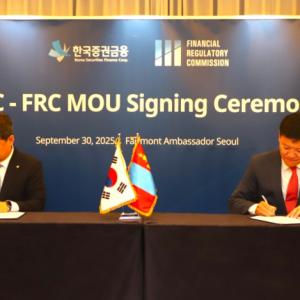Battushig Batbold on Mongolia’s Olympic Rise and Global Ambitions
Society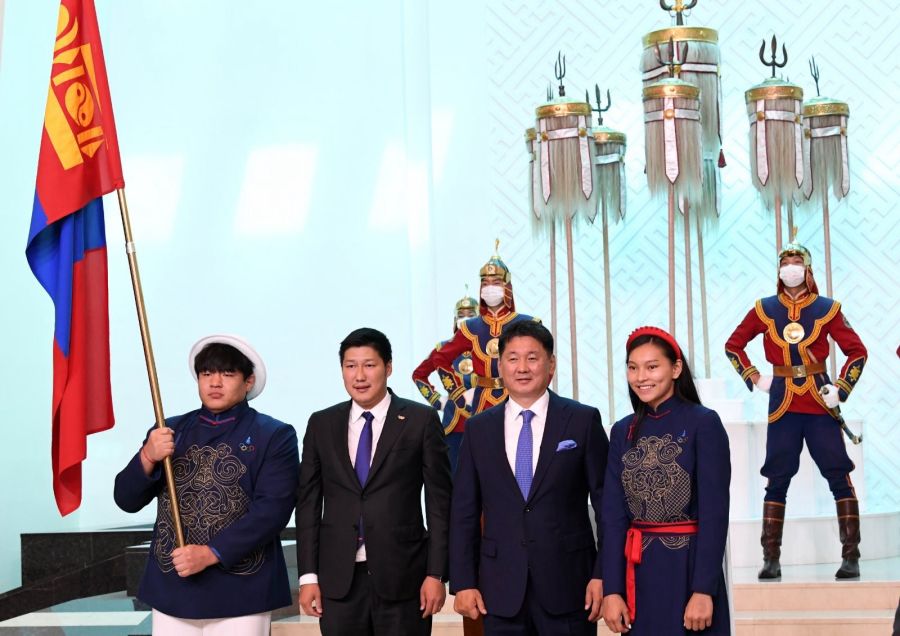
Ulaanbaatar, July 28, 2025 /MONTSAME/. An Interview with Battushig Batbold, President of the Mongolian National Olympic Committee (MNOC).
SINCE BECOMING PRESIDENT OF THE MONGOLIAN NATIONAL OLYMPIC
COMMITTEE, MANY ACCOMPLISHMENTS HAVE BEEN MADE. WHAT ARE THE HIGHLIGHTS?
As a member of the International Olympic Committee (IOC), I have participated in two Summer Olympic Games. During the Tokyo Olympics, I served as Chef de Mission and led the Mongolian delegation. Despite the challenges of the pandemic, the team secured four medals and set a national record for the most athletes competing in final matches.
At the Paris Olympics, Mongolia was represented by 32
athletes across nine sports and won a silver medal. A major achievement was the
successful launch of the “Mongolia House” project in Paris, which welcomed over
60,000 visitors and showcased Mongolian culture, history, and heritage.
On July 27, following the Olympic Opening Ceremony, President U. Khurelsukh of Mongolia visited Mongolia House. That same day, wrestler B. Baasankhuu won her semifinal match to advance to the gold medal match. It was a historic moment shared with Mongolians at Mongolia House, and she ultimately won the silver medal, which I had the honor of presenting during the medal ceremony.
The success of our Olympic participation would not have
been possible without the support of key partners. Major private sponsors
included Ayan Zalaat, Skytel, and Xac Bank. MAK, led by my wife Tselmuun
Nyamtaishir, also provided support through subsidiaries such as Hunnu Airlines
and Ayan Zalaat Hotels.
On the public side, the Ministry of Culture, led by Minister Nomin Chinbat, and the Ulaanbaatar Mayor’s Office worked in strong coordination. Notably, the former Mayor of Ulaanbaatar served as Chef de Mission for the 2024 Paris Olympics.
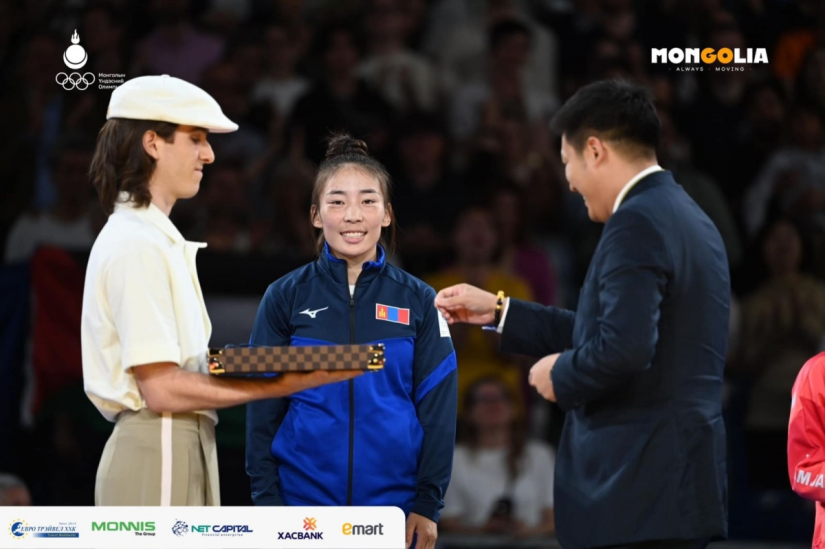
THOUGHTS ON THE NEWLY ELECTED IOC PRESIDENT?
When Thomas Bach was elected President of the IOC in 2013, there were only a few countries interested in hosting the Olympic Games. Under his leadership, the Olympic Movement has grown significantly more inclusive, with over ten countries now bidding to host future Games. His leadership has strengthened the movement financially and institutionally.
The "Olympic Agenda 2020" and "Olympic
Agenda 2020+5" were transformative policy frameworks introduced under his
leadership. The first included 40 reform recommendations focused on
sustainability, transparency, and youth engagement. The follow-up added 15 more
recommendations shaped by five global trends: solidarity, digitalization,
sustainability, credibility, and economic resilience.
In March 2025, seven candidates competed in the IOC
Presidential election in Greece. Zimbabwean Olympic gold medalist and former
Minister of Sport, Kirsty Coventry, was elected as the first female and first
African President of the IOC. She is a close personal friend, and our families
have shared meaningful connections through the Olympic Games and IOC events.
Her election demonstrates the IOC’s commitment to diversity and equity, and her leadership is both inspiring and well-suited to guide the movement forward. Africa is set to host its first Youth Olympic Games in Dakar, Senegal in 2026, and more countries, including smaller nations, are now seriously considered as future hosts.
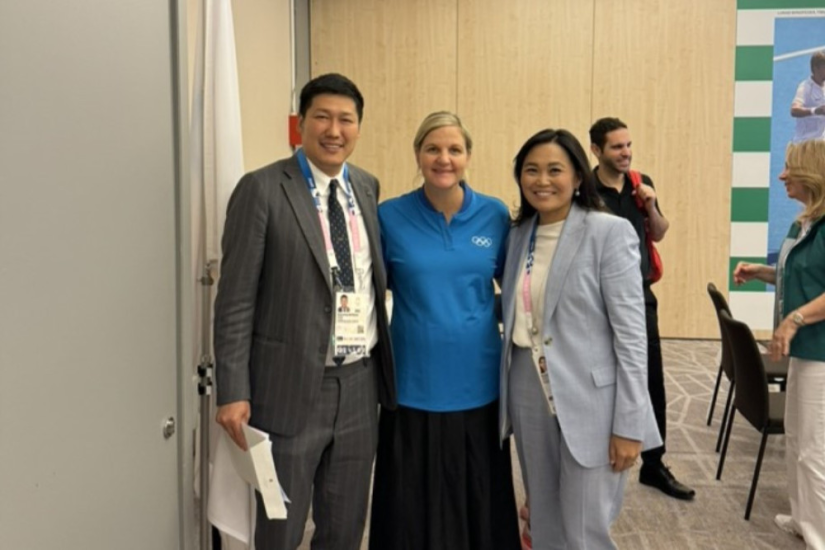
WHAT IS MONGOLIA’S POLICY ON HOSTING THE OLYMPIC GAMES?
Mongolia has formally expressed interest in hosting the Youth Olympic Games in 2030 or 2034. Nearly ten countries are currently in discussions with the Future Host Commission, including several from Latin America and Asia such as India, Thailand, and Indonesia.
Efforts are also underway to strengthen Mongolia’s participation in the 2028 Los Angeles Olympics. A memorandum of understanding is being prepared for signing with the United States Olympic and Paralympic Committee (USOPC) to expand cooperation. This follows recent agreements with the National Olympic Committees of Qatar and South Korea, which aim to enhance athlete development, knowledge exchange, and visa facilitation.
The agreement with Qatar marked Mongolia’s first strategic
Olympic partnership beyond East Asia. The 2028 Olympics present not only a
sporting milestone, but also a strategic opportunity to deepen Mongolia–U.S.
relations.
Hosting a Youth Olympic Games would offer significant
benefits. More than 100 IOC members typically visit the host country, providing
global exposure and enhancing tourism, education, and cultural exchange. Youth
aged 15–18 would be inspired toward healthy lifestyles, and long-term benefits
would include infrastructure development and global engagement.
The idea of hosting the Youth Olympics was first proposed during the Tokyo Olympics in 2021. A formal proposal was submitted to President Bach, supported by a letter from then-Speaker of Parliament G. Zandanshatar, who has since become Prime Minister. Prior to becoming Prime Minister, he served on the Olympic Committee and led the Mongolian Chess Federation. He strongly supported preparations for the 2026 Youth Olympics and was considered for the role of Chef de Mission. With his new position, the MNOC Executive Board will decide on the most appropriate leader for Team Mongolia at Dakar 2026. Continued collaboration with the Prime Minister is expected.
WHAT PROGRAMS ARE BEING IMPLEMENTED FOR YOUTH DEVELOPMENT?
After becoming President of MNOC in 2022, the Olympic Values Education Program (OVEP) of the IOC was translated and introduced in Mongolia. This initiative promotes ethics, social skills, and physical wellness among youth through sport. Values such as excellence, respect, and friendship are taught through games and interactive activities.
Interest in OVEP began during the 2018 Youth Olympic Games
in Argentina, where I served as the first Vice President of the MNOC. The
program has been widely implemented in countries such as New Zealand, where it
is integrated with physical education and civic studies, and in Tanzania and
the Philippines, where it has promoted social cohesion and gender equality.
In Mongolia, the program is being gradually introduced in public schools, with instructor training and institutional partnerships underway. Special appreciation is extended to MNOC First Vice President Mr. Naranbaatar and the Mongolian Olympic Academy for their leadership in implementing this initiative.
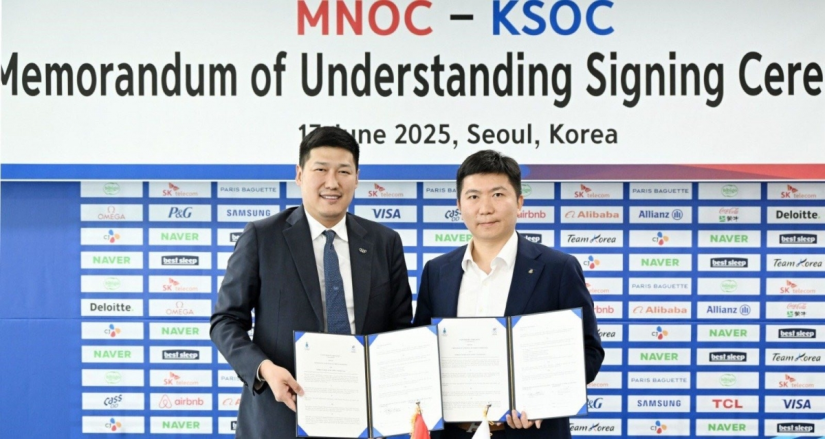
HOW HAS YOUR EDUCATION AT TOP UNIVERSITIES SHAPED YOU?
Studying at the University of Chicago has been one of the most formative
experiences of my life. The university’s global reputation in economics, law,
philosophy, and physics—along with its affiliation with over 100 Nobel Prize
winners—made it a rigorous intellectual environment. Those years helped refine
my thinking, strengthen my character, and shape my leadership approach.
The degree in Economics provided a solid foundation for my
work in banking and finance. Upon returning to Mongolia in 2016, the knowledge
gained at the University of Chicago became particularly relevant during my
service on the Monetary Policy Committee of the Bank of Mongolia.
My graduate studies at Harvard Business School
offered another level of exposure to global innovation and leadership. The case
study method, which promotes dialogue around problem-solving and disruption,
helped me further develop critical thinking. This inspired a strong interest in
how emerging technologies could be applied in Mongolia across both public and
private sectors.
The relationships formed during my time at these institutions continue to be meaningful professionally and personally. These global networks remain valuable to this day.
YOU HAVE SHOWN A STRONG INTEREST IN ADVANCED TECHNOLOGIES
AND ARTIFICIAL INTELLIGENCE.
Beyond the private sector, the role of technology in sports is rapidly expanding. The International Olympic Committee is now using AI to identify and support young athletes in underserved areas. For the 2026 Youth Olympic Games in Senegal, youth athletic performance data—such as flexibility and speed—is being collected and uploaded to the cloud, where AI tools analyze the data to identify future talent.
Mongolia seeks to introduce similar initiatives to identify and support local athletes early. Such efforts will help build an environment where young Mongolians can thrive in sports. This is not only a technological initiative—it is a national priority to strengthen global competitiveness through early talent development.

 Улаанбаатар
Улаанбаатар

